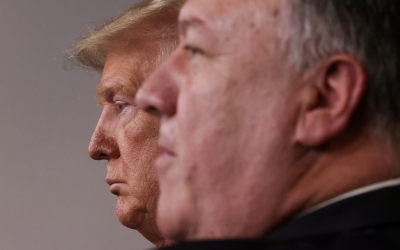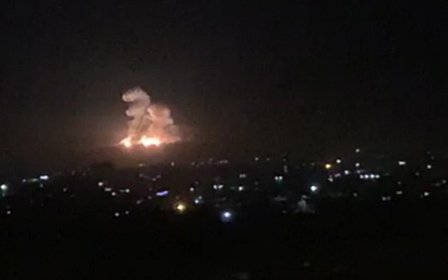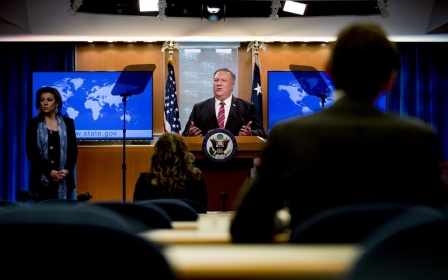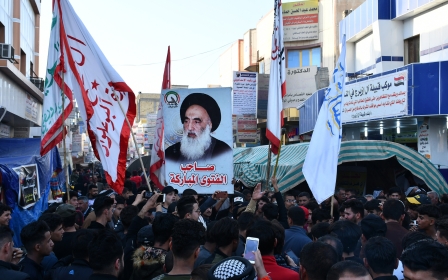Iraq parliament votes in new government, ends six-month vacancy
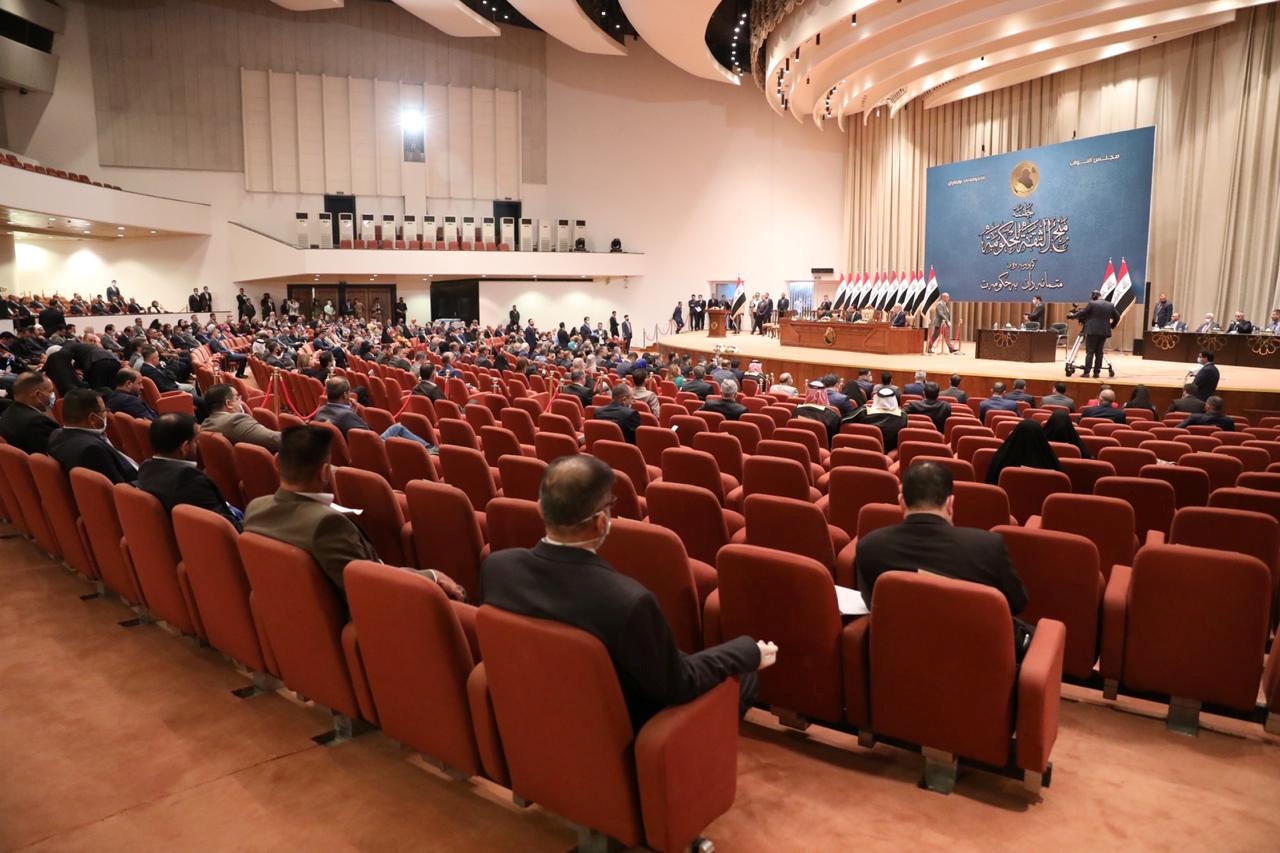
Iraq's parliament late on Wednesday approved a new government, marking an end to a six-month period without a sitting cabinet.
Former prime minister Adel Abdul Mahdi had been leading a caretaker government since resigning from the post last year amid anti-government protests.
New prime minister, Mustafa al-Khadimi, will begin his first term with some empty cabinet seats - including the oil minister - after parliament rejected some of his candidates.
'The security, stability and blossoming of Iraq is our path'
- Mustafa al-Khadimi, Iraqi prime minister
The prime minister-in-waiting's candidates for the cabinet posts of interior, defence, finance and electricity ministers passed with majority votes from MPs.
The choices to head the oil and foreign ministries were delayed when parties failed to agree on candidates. Iraqi politicians also rejected Khadimi's picks for justice, agriculture and trade ministers.
New MEE newsletter: Jerusalem Dispatch
Sign up to get the latest insights and analysis on Israel-Palestine, alongside Turkey Unpacked and other MEE newsletters
"The security, stability and blossoming of Iraq is our path," Kadhimi tweeted after parliament voted on his cabinet.
The incoming premier said he would make the fight against the coronavirus pandemic one of his priorities while in office, as the country has reported more than 2,000 cases of the virus and more than 100 deaths.
Khadimi added that he will hold to account those who had killed protesters in the previous months of anti-government unrest.
Thousands of Iraqis took to the streets last year, demanding jobs and the departure of Iraq's ruling elite. The protesters accused the political class that took over after the 2003 US invasion of driving the country into dysfunction and economic ruin.
The battle over government portfolios since Abdul Mahdi's resignation in November prevented two previous nominees for prime minister from forming a Cabinet.
Khadimi will lead a government in a country that is facing multiple challenges, including the pandemic that has caused the price of oil - Iraq's main revenue source - to drop, and a resurging Islamic State (IS) group.
Iraq also must deal with an ongoing struggle between the United States and Iran over influence in the country, which in the past year has boiled over into open confrontation and the brink of war.
In January, Washington killed top Iranian general Qassem Soleimani and his close ally, Iraqi paramilitary leader Abu Mahdi al-Muhandis, in a drone strike near Baghdad International Airport.
Iran responded just a few days later with its first-ever direct missile attack against American forces at a base in Western Iraq. The attacks did not kill anyone.
Washington has since accused Iran-aligned groups of carrying out a series of rocket attacks on other bases in recent months, one of which killed three troops in the US-led military coalition based in Iraq.
Rockets have regularly been fired near the US embassy in Baghdad, but none have been claimed by known Iran-backed groups.
Earlier on Wednesday, three rockets hit near the Baghdad airport, with security sources saying the target of the attack was the "the headquarters of the counter-terrorism service, where American troops are based".
Middle East Eye delivers independent and unrivalled coverage and analysis of the Middle East, North Africa and beyond. To learn more about republishing this content and the associated fees, please fill out this form. More about MEE can be found here.


